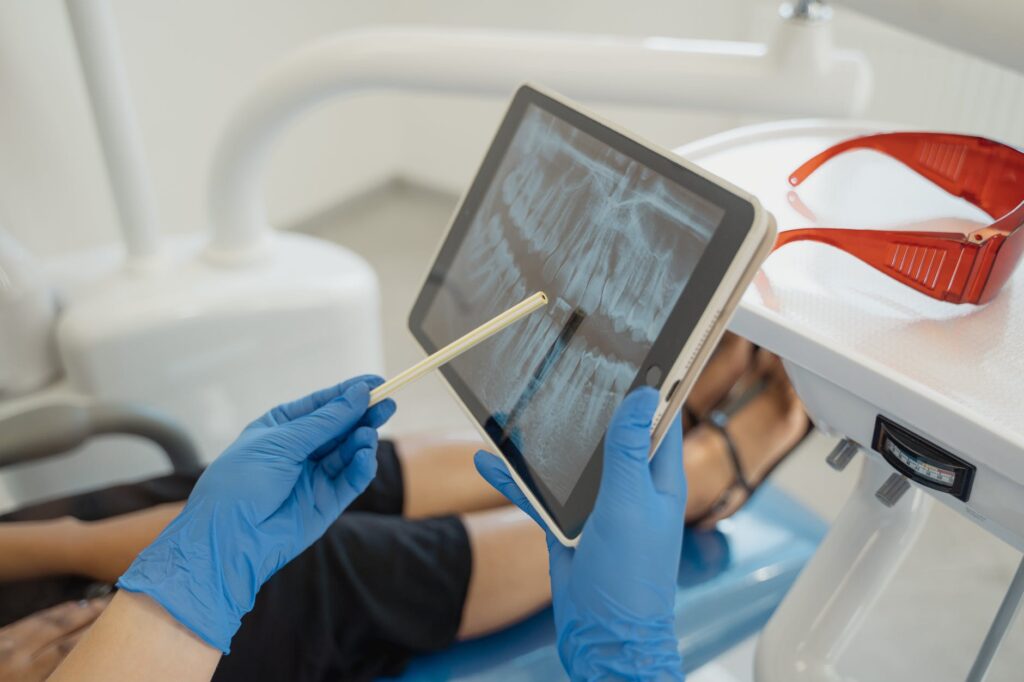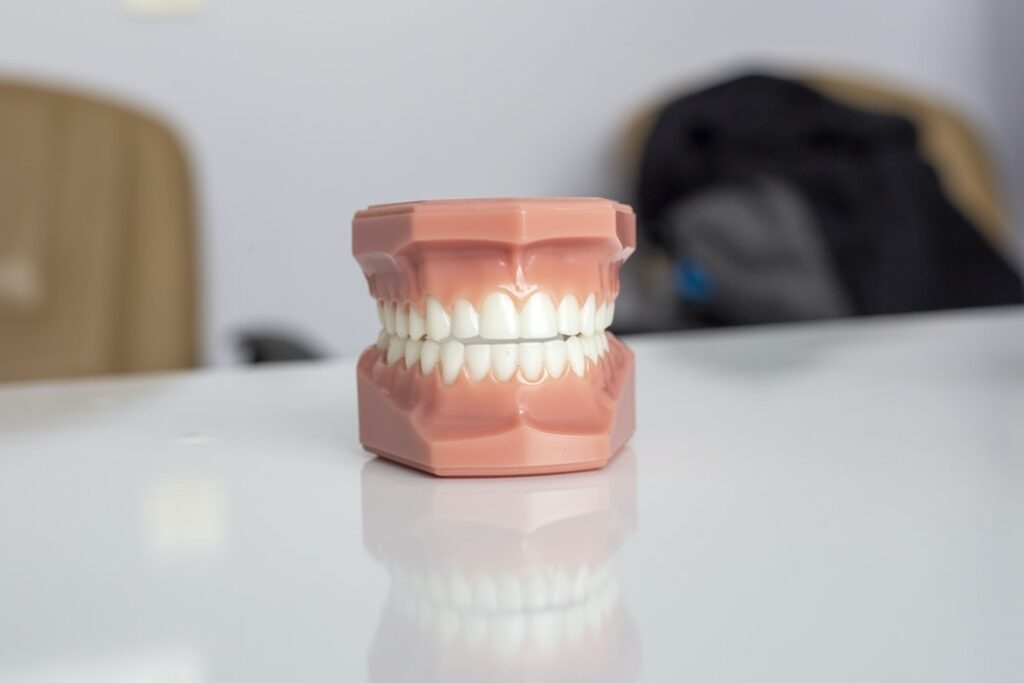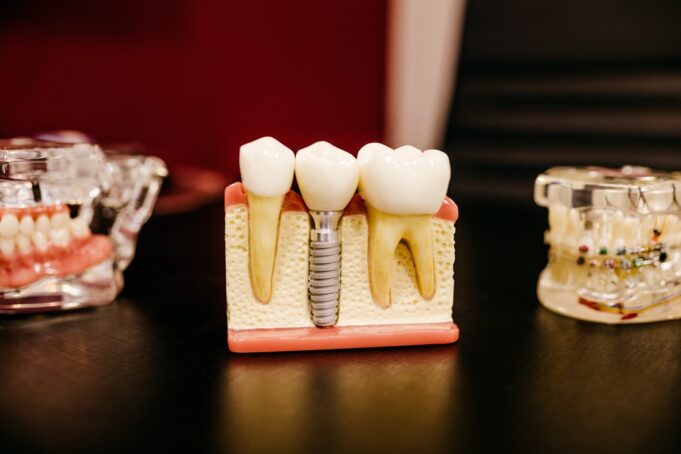Are you thinking of going through wisdom tooth extraction? However, no one looks forward to it. But at the same time, we can not predict such things, which are totally beyond our control. What we can do is choose the right options whenever we have to go through any medical issues.
There is a belief that wisdom teeth are not good, and they have to be removed. When it comes to removing wisdom teeth, most people get terrified by hearing someone else’s a bad experience. But according to dePacific, you will not feel too many complications with experts’ hands.
What Are Wisdom Teeth?
The molars, which grow in the back of your mouth on the bottom and top jaws, are called wisdom teeth. Usually, till you reach the age between 17 years to 24 years, wisdom teeth do not develop. As they take time to mature, thus the name “wisdom teeth” is given to them.
When you have already become an adult or a young teenager, all your teeth are fully grown up and mature. So, there will not be enough space in your mouth for new teeth. But wisdom teeth force their way out. So, it causes pain.
Mostly, dentists recommend wisdom teeth removal as soon as the symptoms start to show. In some cases, even before any symptom is showing, if the doctor notices them in dental x-rays, they will advise to remove them to avoid future problems.

Signs of Wisdom Tooth Pain
Now, let’s check out the common signs of wisdom tooth pain.
- Jaw Pain.
- Recurring sore throat or other sinus issues.
- Red and swollen gums.
- Swollen cheeks, jaw, and lymph nodes.
- Tender or bleeding gums.
- Foul smell and unpleasant taste in your mouth.
- Difficulty opening your mouth.
- Bad breath.
You can try some home remedies for toothache. But when wisdom teeth are the reason, it will not give you relief for longer.
Is Wisdom Tooth Extraction A Painful Experience?
Removal of wisdom teeth might seem a painful process. But as long as your removal is done by experienced hands, you will not feel any pain, and the process will also be really quick. Before the process starts, the dentist will ensure that your mouth is fully numb.
So, you will barely feel any pain. In most cases, the patient gets surprised at how painless and quick the whole procedure has been completed. As I have already mentioned, you will not feel any pain because your mouth will be numb.
However, you will totally be aware of the fact that some actions are being conducted within your mouth. In case you are feeling uncomfortable, you can stop the dentist at any point of time by raising your hand.
When your wisdom teeth are impacting your jawbone, the gum of that specific area might be required to be lifted away. Then the tooth is sectioned in pieces, and the gum has been stitched back together.
Reading all these might make you feel the pain, but trust us, the experienced dentists will ensure that you do not feel any pain. Dentists have been doing it for several years. So, their hands now know exactly what needs to be done.

Why Is It Necessary?
For correcting an actual problem or preventing any problem from happening in the future, a wisdom tooth is extracted. When wisdom teeth come, some problems can occur. Those are mentioned as follows.
- Your jaw might not be spacious enough for them. So, they might become impacted and also unable to break through your gums.
- Your wisdom teeth can break partway through your gum. It causes a flap of gum tissue to grow over those teeth. Under the flap, germs and food can get trapped. Eventually, it will make your gum swollen, red, and painful. These are the signs of infections.
- In addition to all these, some more severe problems might develop from impacted teeth—for example, damage to other teeth and bone, infections, or cysts.
- One or more than that of your wisdom teeth might grow up at an awkward angle. Here the top of the tooth can face backward, forward, or to either side.
After Surgery Expectations
After the wisdom tooth removal has been done, you are advised to take a little rest for at least a day or two. For different individuals, the recovery process is different. Some people might experience swelling and can take one day or two to come back to their normal life.
At the same time, some people might take longer to start with their routine life. In most cases, it usually takes a few days up to a week to recover from of some sort of discomfort, swelling, and pain around the cheeks.
It is always best to have soft foods, such as fruit smoothies, soups, ice cream, and yogurt for at least a few days. For faster recovery, drink plenty of water, avoid hot drinks and liquids, such as alcohol, tea, coffee, and carbonated sodas, for at least 24 hours.
Apart from all these things, you also should not have spicy, crunchy, or chewy food for some days. After each meal or every few hours, use lukewarm salt water to rinse and clean your mouth gently.
Just after the procedure, you can not brush your teeth, but once 24 hours have passed, you are allowed to brush your teeth. But, you need to be really careful. For handling the swollen gum and pain, your dentist will prescribe some medicines; you need to take them as advised.

Risks
Though the rate of complications happening is really less, there are some risks that very few people experience. They are here.
- Bleeding, which will not stop for around 24 hours.
- Slow-healing gums.
- Pain from or difficulty with opening your jaw.
- Swelling and pain in your gums and tooth socket, especially where the tooth was removed.
- Dry socket or painful inflammation.
How Good It Works
This was all about wisdom teeth and their removal. You can now be sure that the process is not at all complicated as it sounds. There are some rules and restrictions, which you have to maintain before and after the procedure is done. If you feel too much pain or bleeding or any type of major discomfort after the operation, consult with your dentist as soon as possible.















